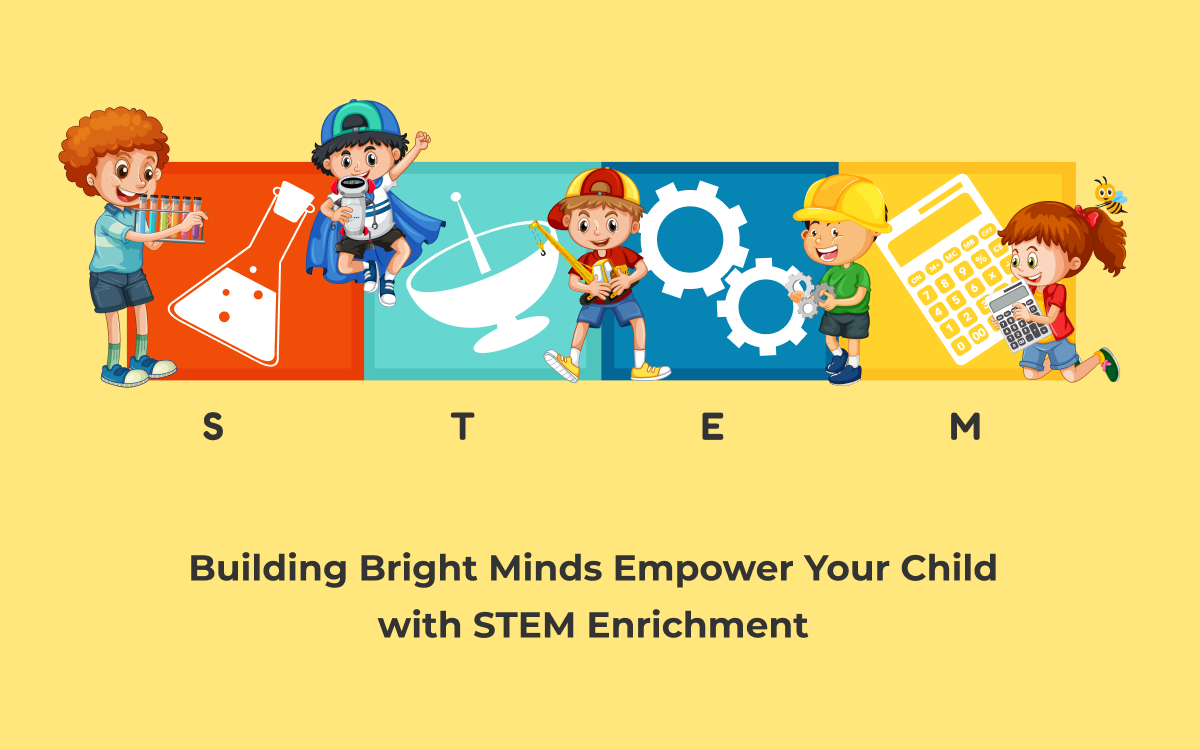STEM (Science, Technology, Engineering, and Mathematics) is a term first introduced in 2001 by the U.S. National Science Foundation. The term is used to describe various activities related to these four subjects and also careers in these fields. Exposing children to STEM activities at a young age is widely believed to cultivate critical thinking skills, problem-solving abilities, and the capacity to anticipate the causes, effects, and reasons behind events.
In today's fast-paced world, scientific and technological advancements have become increasingly crucial, leading to STEM subjects coming into the spotlight. There are several reasons why children should be introduced to STEM subjects.
Enhances Critical Thinking: Learning about STEM enables children to develop essential critical thinking skills that can be applied to real-world problems. By engaging in hands-on activities and experiments, children are encouraged to think outside the box. They learn to analyze information, evaluate different perspectives, and make informed decisions. This ability to think critically not only prepares them for future STEM careers but also equips them with the necessary skills to thrive in any field they choose.
Facilitates Teamwork: STEM activities provide an excellent platform for fostering teamwork amongst children, empowering them to collaborate and generate innovative ideas collectively. Researching, collecting data, and making presentations; all are a part of STEM activities and allow children to learn how to work together in a team.
Skill Development: With technology becoming such an integral part of daily life, exposure to STEM subjects enhances the development of skills like creativity, communication, and digital literacy, all of which help children become confident about their abilities.
Promoting Equality: For the longest time, STEM subjects were considered the domain of men. In recent years, there has been a significant increase in the number of women pursuing and excelling in STEM fields, effectively dismantling the long-standing gender bias that once dominated these industries.
Problem-based Learning: Problem-based learning is an effective approach where students gather diverse data from their everyday experiences and analyze it to enhance their understanding. This is something that lays the foundation for children to learn the practical application of theoretical knowledge.
Overall, there are many benefits to choosing STEM activities for children from a young age. With a variety of STEM classes available, parents can choose activities best suited to the temperament and inclination of their children. A comprehensive list of STEM classes can be found here: STEM






